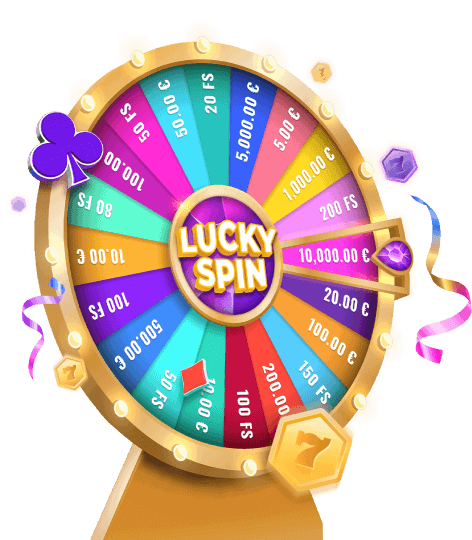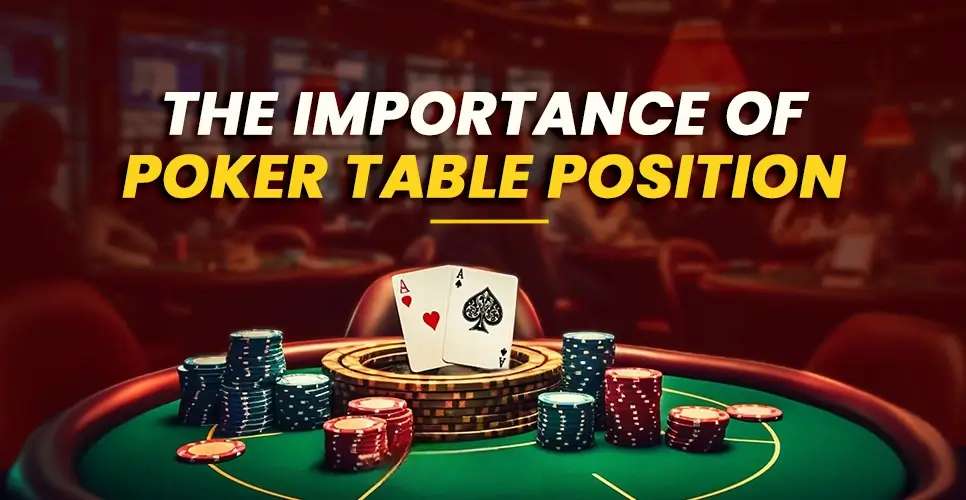Online poker is a game of skill, strategy, and chance. It’s not just about luck; it’s about making smart decisions. Whether you are a beginner or an experienced player, mastering online poker can be thrilling and rewarding.
In this article, we will explore key strategies, tips, and tricks to help you become a better online poker player. Let’s dive in!

Understanding the Basics of Poker
Before you jump into the game, it’s important to understand the basics. Poker is played with a standard deck of 52 cards. The goal is to win chips by either having the best hand at showdown or by convincing other players to fold.
Poker Hands Ranking
To win, you need to know how poker hands rank. Here are the most common hands, from highest to lowest:
- Royal Flush: A, K, Q, J, 10, all of the same suit.
- Straight Flush: Five cards in a sequence, all of the same suit.
- Four of a Kind: Four cards of the same rank.
- Full House: Three of a kind plus a pair.
- Flush: Five cards of the same suit, not in sequence.
- Straight: Five cards in a sequence, not all of the same suit.
- Three of a Kind: Three cards of the same rank.
- Two Pair: Two pairs of cards of the same rank.
- One Pair: Two cards of the same rank.
- High Card: The highest card in your hand if no one has a better hand.
Knowing these hands will help you make better decisions during the game.

Choosing the Right Game
There are many types of poker games available online, including Texas Hold’em, Omaha, Seven Card Stud, and more. Texas Hold’em is the most popular, especially for beginners. It’s easy to learn and offers many opportunities for strategy. Choose a game that you enjoy and feel comfortable playing.
Starting with the Right Strategy
1. Play Tight and Aggressive
One of the best strategies for beginners is to play tight and aggressive. This means you should only play strong hands and bet aggressively when you do play. Don’t waste chips on weak hands. By being selective, you can increase your chances of winning.
2. Know When to Fold
Don’t be afraid to fold. Sometimes, the best decision is to walk away from a hand. If your cards are not good, it’s better to save your chips for a better opportunity. Remember, patience is key in poker.
3. Position is Important
Your position at the table matters. Being “in position” means you act after your opponents. This gives you more information about their actions. If you’re in a late position, you can see how others play before making your decision. Use this to your advantage!
Reading Your Opponents
In online poker, you can’t see your opponents’ faces. However, you can still learn a lot from their betting patterns. Pay attention to how they play:
- Aggressive Players: They often bet and raise a lot. Be cautious when playing against them.
- Passive Players: They tend to call more than bet. You can often outplay them with aggression.
- Tight Players: They only play strong hands. You can often bluff them when you have a weak hand.
- Loose Players: They play many hands. Focus on playing strong hands against them.
Learning to read your opponents will improve your game significantly.
Bluffing: The Art of Deception
Bluffing is a crucial part of poker. It involves pretending you have a stronger hand than you actually do. Here are some tips for effective bluffing:
- Know Your Opponents: Bluff players who are likely to fold.
- Choose the Right Moment: Bluff when the board is favorable to your perceived hand.
- Don’t Overdo It: Bluff too often, and players will catch on.
A well-timed bluff can win you the pot, but it must be used sparingly.

Managing Your Bankroll
Bankroll management is essential for success in online poker. Here’s how to do it:
- Set a Budget: Decide how much money you are willing to spend on poker. Stick to this amount.
- Choose the Right Stakes: Play at stakes that suit your bankroll. If you are a beginner, start at lower limits to reduce risk.
- Track Your Results: Keep a record of your wins and losses. This helps you understand your performance and adjust your strategy accordingly.
Practice Makes Perfect
The best way to improve your poker skills is through practice. Many online casinos, like Bangcasino, offer free games where you can practice without risking real money. Use these opportunities to learn and refine your skills.
Join Tournaments
Once you feel comfortable, consider joining online poker tournaments. These events can be exciting and offer significant payouts. They also give you a chance to play against skilled opponents, which can help you grow as a player.
Keep Learning
Poker is a game of continuous learning. Read books, watch videos, and participate in forums. Engaging with the poker community can provide valuable insights and strategies.
The Psychological Side of Poker
Poker is not just a game of cards; it’s a game of psychology. Understanding the mental aspect can give you an edge. Here are a few psychological tips:
- Stay Calm: Emotions can cloud your judgment. Stay cool, especially after a loss.
- Stay Focused: Don’t get distracted by chat or other players.
- Know When to Take a Break: If you feel frustrated or tired, take a break. This helps you return with a fresh mind.

Enjoy the Game
Finally, remember that poker is a game. Have fun! Enjoy the thrill of the game, the excitement of the showdown, and the challenge of outsmarting your opponents. Celebrate your wins and learn from your losses.

